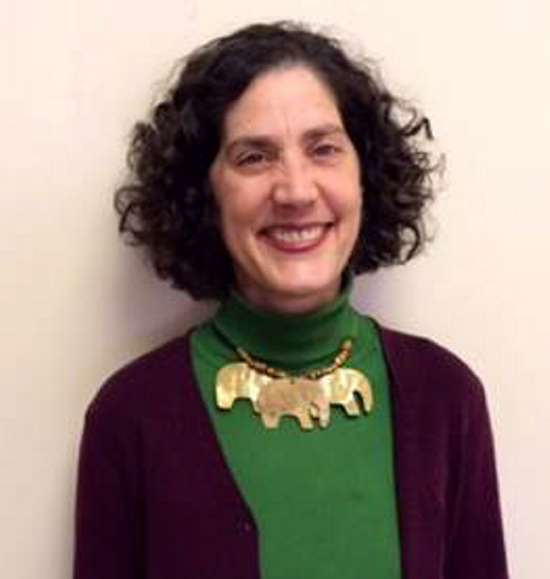In preparation for this first issue of Source, I asked Maine Gardener columnist Tom Atwell to lay out for readers the distinctions between two methods of gardening – organic and … what to call the other?
“Conventional,” he informed me.
“Conventional?!”
We were talking about a way of gardening that can allow (or even encourage) chemical pesticides, chemical herbicides, synthetic fertilizers, and, in the case of farming, genetically modified seeds, mono-crops, globalization, hormones, antibiotics and animals – cows, pigs, chickens – raised on cement, in gruesome confinement and fed food they were never evolved to eat so they can grow to a size they were never intended to be.
What, exactly, is conventional about that? Humans have farmed for some 12,000 years without these things and farmed barely more than 50 years with them. Yet in a heartbeat, less really in the grand scheme of the life of the planet, American farmers, gardeners and eaters have come to think of such practices as routine, as “conventional.”
In its own small way, Source is part of a rapidly growing movement across the region, across America, across the developed world, and most emphatically across this lovely state to wrest the word “conventional” away from that 20th-century understanding. In this new section, we’ll be chronicling the many Mainers – and more all the time – who are already doing so. They are canning and composting, raising heritage goats and heirloom grains, tending bees and collecting honey, shopping at farmers markets in order to eat seasonally, tapping trees, sourcing regional products for their ever more insistently local eateries, and making their own beer/cheese/yogurt/kimchee/butter/sunflower oil/ fill-in-delicious-local-product-of-your-choice-here.
The food we grow and eat and drink in Maine is just one piece of the local picture, however. In these pages, we will also tackle the many other things that add up to living a sustainable life in Maine – how we get to work, build our houses, haul our groceries, preserve our farmland, conserve (or don’t) our fisheries, teach our children (and learn from them), dispose of our many toxic devices and buy less stuff, to name just a few.
So what does it mean to eat and live sustainably in Maine? Is this a new movement or a very old one? What can Mainers from generations back teach newcomers, drawn here in part by the state’s deep connections to the land and sea? How should you think about what you put on your plate for dinner tonight? Read on – and join the conversation.
But we don’t intend for Source to be earnest or preachy. Because really, how lucky are we? When has a movement ever tasted so good?
– Peggy Grodinsky, Source editor
Send questions/comments to the editors.



Comments are no longer available on this story